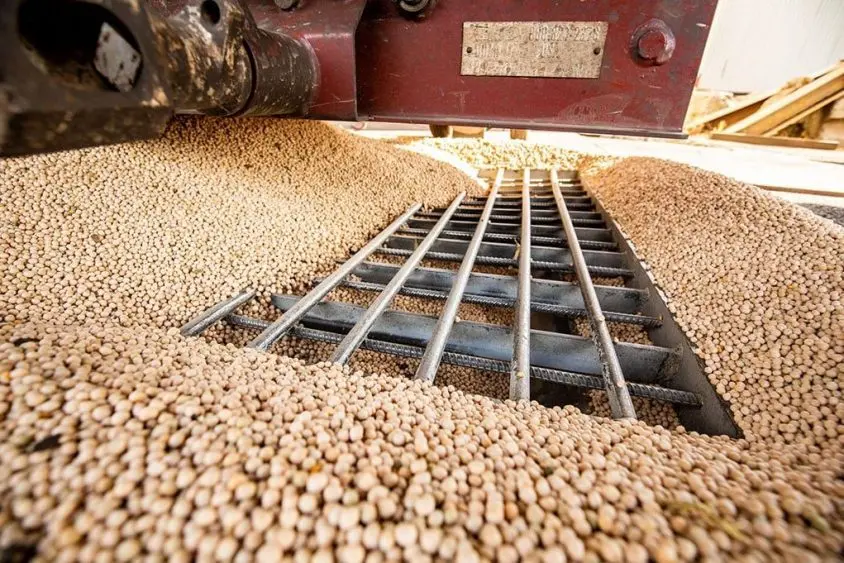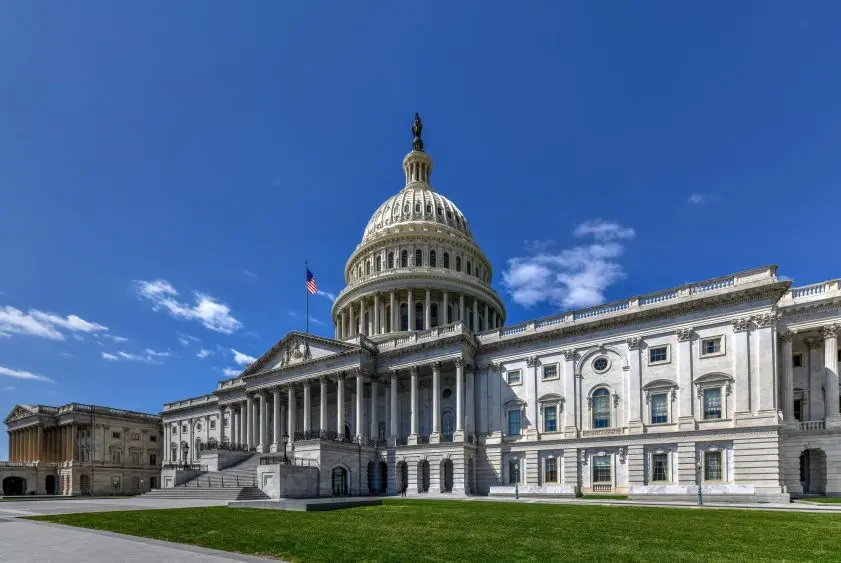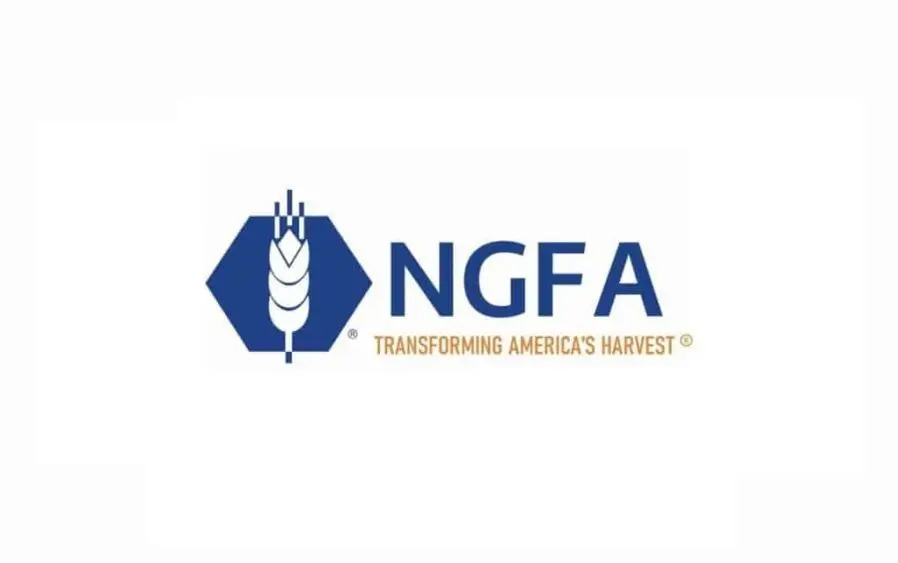As harvest season begins across the Northern Plains, soybean growers in North Dakota face mounting challenges tied to the lack of trade with China. Basis levels have dropped sharply in recent weeks, and the Pacific Northwest export market—once a vital outlet for North Dakota soybeans—has all but dried up.
“From our perspective, we’re starting to hear from members who are really concerned about where they’re physically going to put the soybeans come harvest,” said Justin Sherlock, president of the North Dakota Soybean Growers Association. “We don’t typically store a lot of soybeans. We put them on shuttle trains and send them to the PNW right away. Elevators are giving mixed messages, some saying they’ll take them and some saying they may turn people away.”
The collapse in exports comes as no new trade agreements with China have been finalized since the start of the new marketing year on September 1. Historically, China has been the primary buyer of North Dakota soybeans.
Jim Thompson, chairman of the North Dakota Soybean Council, emphasized the long-term investment that growers have made in developing these export markets. “We spent the better part of 40 years developing relationships with Southeast Asia and building infrastructure in North Dakota to be the most reliable shipper of whole soybeans. But China is the big elephant in the room. There’s nothing that could take the place of China,” Thompson said.
Storage shortages have added to the pressure. Summer storms destroyed millions of bushels of on-farm storage capacity, leaving farmers scrambling to find options. “We haven’t used those smaller bins in years, but they came in handy during the last trade war,” Sherlock said. “The Derecho wiped most of those out in my area, so guys are really concerned about what to physically do with the crop.”
Beyond logistics, growers worry about the financial fallout. Soybeans have historically been the crop that provided fall cash flow, covering land and equipment payments and prepaying inputs for the following year. Without stable trade flows, that dynamic is at risk.
Thompson urged farmers to remain adaptable. “Keep looking for opportunities, even if it’s something you’re not used to doing,” he said. “These times call for a different approach, and farmers are good at adapting, even if we don’t always like it.”
Sherlock agreed, stressing the importance of making their voices heard. “Reach out to congressional offices and the White House. Agriculture is the backbone of rural North Dakota, and if farmers can’t pay their bills, it will hurt every small business in our communities. Every week we’re not shipping soybeans is another lost marketing opportunity.”
Both leaders emphasized staying positive while continuing to push for solutions, whether through reopening Chinese markets, finalizing agreements with other Southeast Asian buyers, or expanding domestic biofuel demand.
“We always find a way through it,” Sherlock said. “Keep your chin up, take care of your family and community, and we’ll get through this together.”





